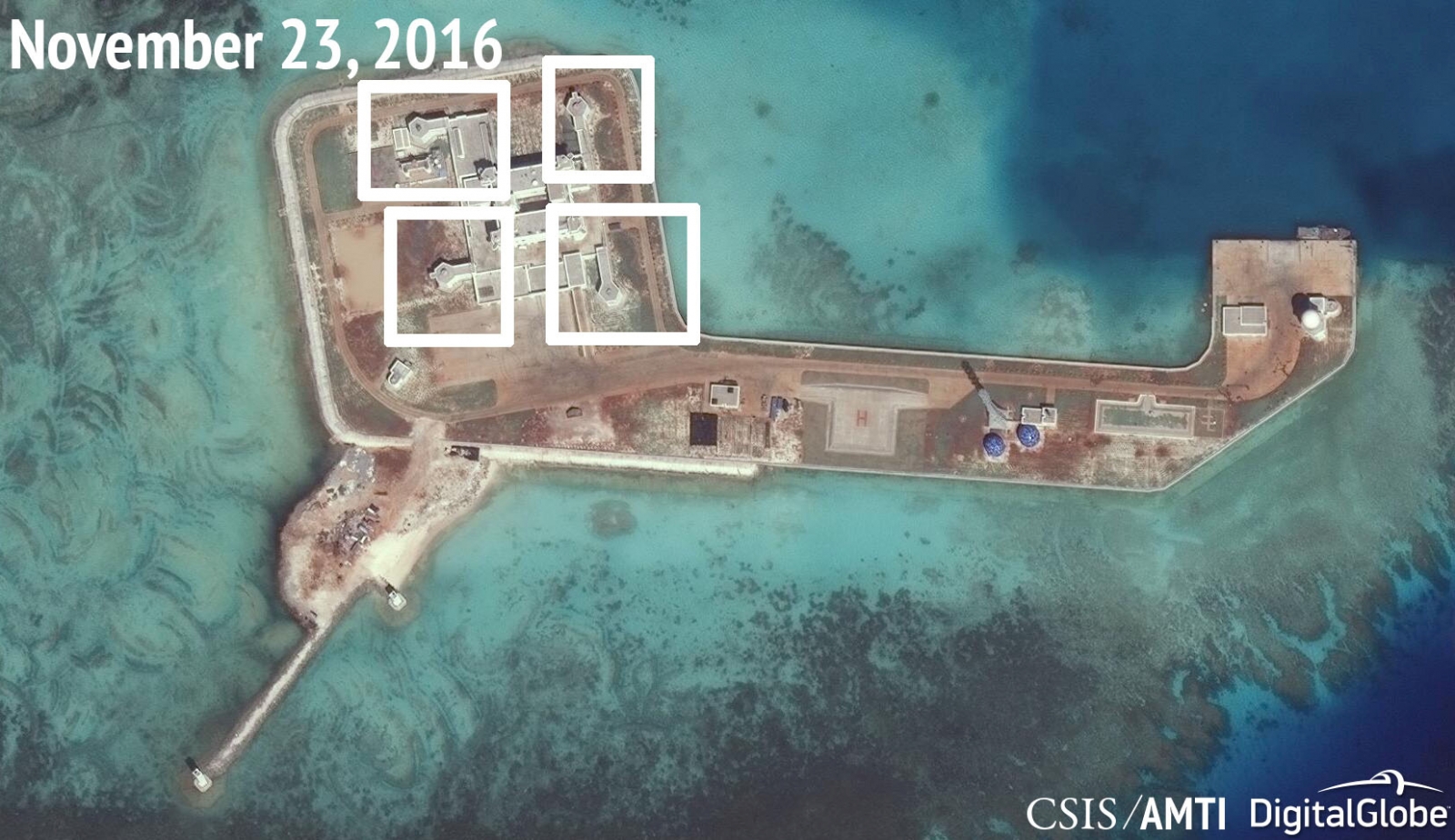China defends flying nuclear-capable bomber, long-range drills in disputed waterways as 'legal'
'The overflight is about the mission and responsibility of the Chinese Air Force,' said China's defence ministry.
China has defended the long-range air force drills it conducted over disputed waters and the deployment of weapons on the contested Spratly islands as normal and "legal" military activities. The exercise alarmed Japan and Taiwan as China's aircraft flew over the East and South China Seas.
"The overflight is about the mission and responsibility of the Chinese Air Force, and is legitimate, reasonable and justified," China's ministry of national defence said on its official site on Thursday (15 December).
Warplanes belonging to China's air force recently flew over the South China Sea, Miyako Strait and near Japan's Okinawa island. The planes flew close to the Bashi Channel, a waterway between the Philippines and Taiwan.
According to reports, the drill by Beijing was held following US President-elect Donald Trump's phone conversation with Taiwanese President Tsai Ing-wen, which infuriated the Communist country.
China's air force said that foreign media reports about the incident involved H-6 strategic bomber and Su-30 fighter jets had "attracted public attention at home and abroad". However, it did not confirm the aircraft that were involved in the drills.
"In the past two years of the Chinese air force's holding drills far out at sea, we have dealt with and handled various forms of interference and obstruction, carrying out reconnaissance and early warning, patrol, attack, air refueling and other drills," the air force added.

Meanwhile, Japan responded to China's manoeuvre and scrambled fighter jets, which Beijing protested against and accused Tokyo of engaging in "dangerous and unprofessional" conduct.
In a separate statement issued on Thursday (15 December), China also defended its deployment of weapons on the disputed Spratly islands in the South China Sea and said that it did not breach the law and was "legitimate and lawful", according to Reuters.
Its comments come hours after a US think tank reported that China had installed anti-aircraft and anti-missile systems on seven artificial islands the country has built on the waterways.
China's defence ministry reiterated that the developments on the islands were mainly for civilian purposes. "For example, were someone to be threatening you with armed force outside your front door, would you not get ready even a slingshot?" AP quoted the ministry as saying.



© Copyright IBTimes 2024. All rights reserved.





